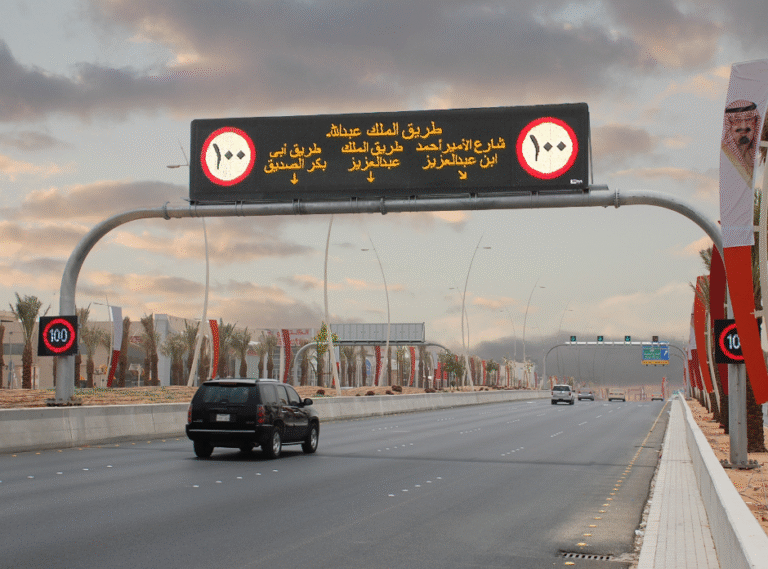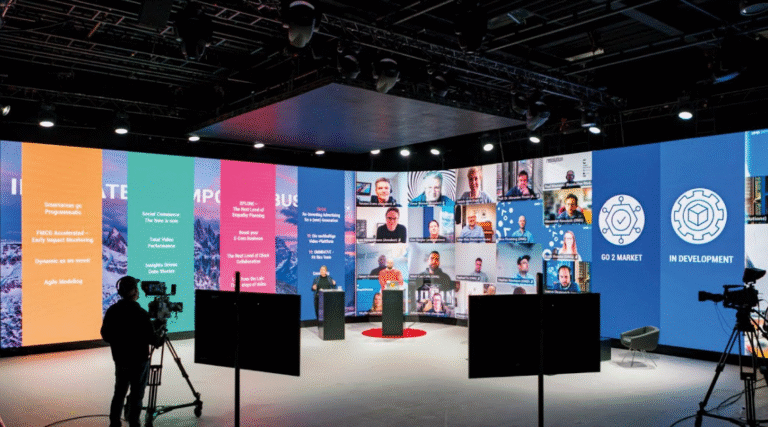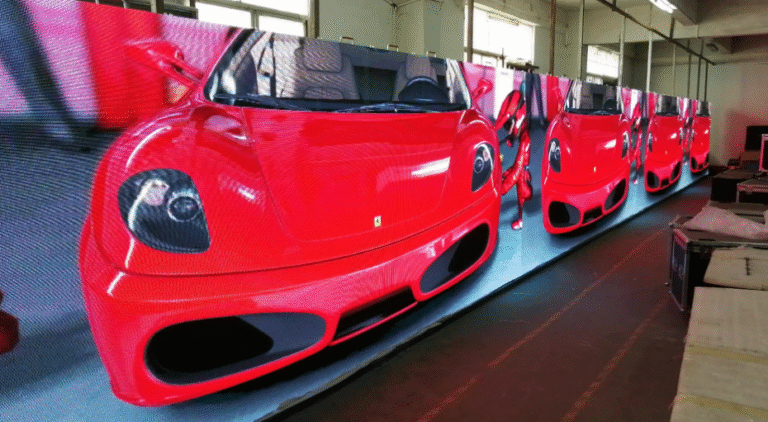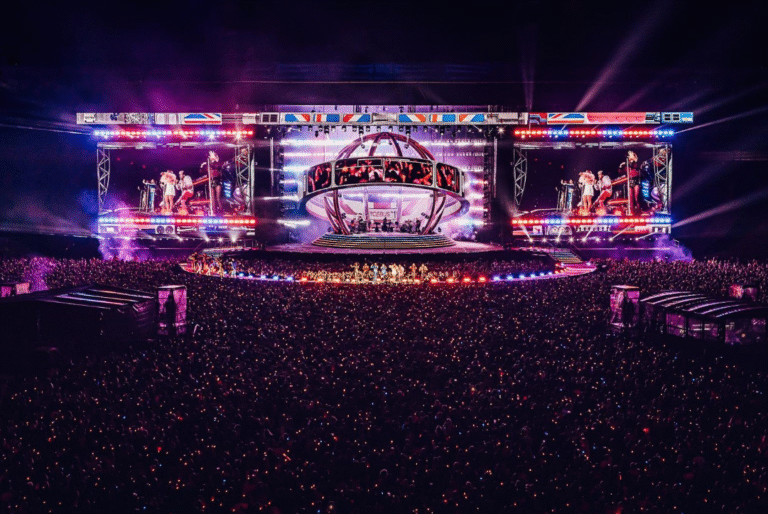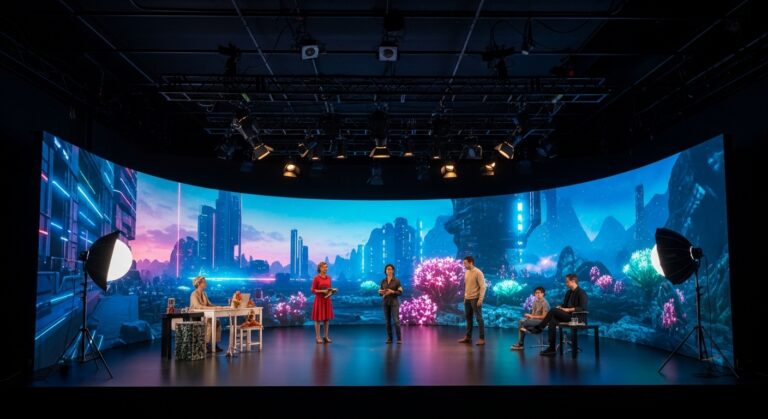Table of Contents
ToggleTable of Contents
- Clarify Needs and Choose the Right Specifications
- Reasonably Arrange Rental Time
- Optimize Transportation and Installation Costs
- Control Customization Needs
- Cooperate with Quality Suppliers
- Long-term Cooperation and Bulk Rental Discounts
- Second-hand Market and Shared Resources
- Actual Case
The demand for LED screens in concert stages is continuously growing, with their excellent picture quality, flexible design, and immersive effects providing endless possibilities for stage performances. However, the cost of renting LED stage screens is often a significant expense in the organizer’s budget. Through proper planning and professional operation, organizers can effectively control costs while ensuring performance effects. Here are some practical strategies:

-
Clarify Needs and Choose the Right Specifications
The scale and venue of the concert directly determine the resolution and size requirements of the LED screen.
Indoor performances: The audience is usually close, so it is recommended to choose screens with higher resolution, such as P2.5 or P3. Outdoor performances: The audience is far away, suitable for screens with P4 or above pixel pitch, while also considering the screen’s waterproof and dustproof performance. Avoid blindly pursuing high configuration, choose screen specifications that meet actual needs, which can ensure the effect and save costs.
-
Reasonably Arrange Rental Time
Rental fees are usually calculated on a daily basis, and reasonable planning of installation, debugging, and performance time is crucial. Organizers can reduce additional rental costs in the following ways:
Coordinate the stage construction and equipment installation time accurately to shorten unnecessary idle periods. Perform multiple shows after the equipment is installed to share the screen rental costs.
-
Optimize Transportation and Installation Costs
The transportation and installation costs of LED rental screens are an important part of the cost. To reduce this part of the expenditure, the following measures can be taken:
Modular design: Choose lightweight, easy-to-install modular screens to save installation and disassembly time. Unified supplier: When touring multiple venues, choose the same supplier to provide equipment, which can concentrate transportation and reduce logistics costs.
-
Control Customization Needs
The customization of the LED screen’s shape, content display, and dynamic effects affects the rental cost. In the case of limited budgets, reducing unnecessary custom designs and choosing standardized screens that meet the performance effects is an effective way to reduce costs.

-
Cooperate with Quality Suppliers
Choosing experienced and reputable suppliers is particularly crucial. Reliable suppliers can provide:
High-quality equipment to reduce additional maintenance or replacement costs due to equipment failure; Professional technical support to ensure the efficiency of screen installation and use. At the same time, by inquiring and negotiating contracts from multiple parties, find the most cost-effective cooperation plan.
-
Long-term Cooperation and Bulk Rental Discounts
If concerts are held regularly, establishing long-term cooperation with suppliers or renting equipment in bulk can usually obtain more favorable prices. In addition, some suppliers also offer buyback or discount policies for equipment after the performance, which can further reduce costs. How much is the LED stage rental screen?

-
Second-hand Market and Shared Resources
Consider looking for cost-effective LED screens in the second-hand market or sharing resources with other organizations. This approach can significantly reduce costs while maximizing the use of resources.
8. Actual Case
Actual Case: Optimization Plan for LED Rental Costs at a Major Music Festival
In a major outdoor music festival in 2023, the organizer took the following measures to control the rental costs of the LED stage screen, ultimately saving about 25% of the budget:
- Match Site Needs with Screen Specifications
The festival venue was vast, and the organizer chose outdoor LED screens with a P4 pixel pitch. Although P3 screens have higher picture quality, the audience was far away, and P4 was clear enough. This decision saved about 15% of the costs compared to choosing P3 screens.

- Precise Planning of Rental Time
The organizer made a detailed time plan during the stage construction, seamlessly connecting the screen installation time with the stage construction, avoiding additional rental days due to screen idleness. In addition, the music festival lasted for three days, but the screen was only rented for five days (including installation and dismantling time), and this compact arrangement saved the cost of two days compared to the conventional 7-day rental plan.
- Modular Design and Transportation Optimization
The selected LED screen used lightweight modular design, which is easy to install and dismantle, requiring only two technicians to complete the operation, saving labor and installation time. The supplier transported the equipment to the venue in a centralized manner, reducing logistics costs by 20% compared to traditional batch transportation.

- Control Special Design Needs
Although some sponsors hoped to display dynamic 3D effects on the screen, the organizer negotiated to use standardized video content, avoiding additional costs for special effects production, while the effect was still excellent.
- Long-term Cooperation Discounts
The music festival organizer has a history of cooperation with this supplier for many years, thus enjoying a 5% long-term customer discount. In addition, the supplier provides free equipment inspection and maintenance after the event, ensuring no damage costs.
Result Summary
Through scientific demand analysis, precise time planning, and supplier negotiation, the organizer controlled the LED screen rental cost from the original plan of $150,000 to $112,500, freeing up more budget space for other event segments.
This case fully illustrates that reasonable planning and cost control strategies have significant effects in actual operations.
Conclusion
Controlling the rental costs of LED stage screens for concerts requires a multifaceted approach, including demand analysis, time management, and supplier selection. By scientific planning and wise decision-making, organizers can not only reduce budget pressure but also ensure the high-quality presentation of stage effects. This cost optimization strategy is not only applicable to concerts but also to other event scenarios that require the use of LED screens.
References:
“Energy Efficiency and LED Displays” by the U.S. Department of Energy.
“Cost Control Strategies in Event Management” by Event Manager Blog.

About Dylan Lian
Marketing Strategic Director at Sostron

